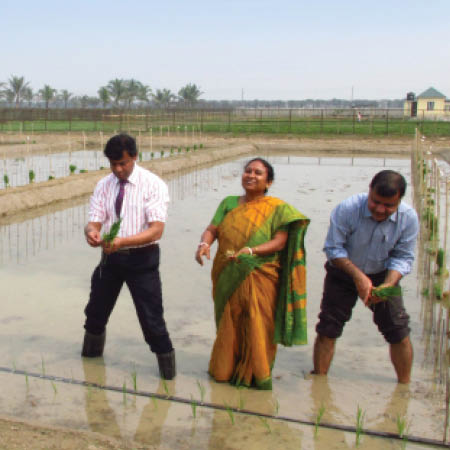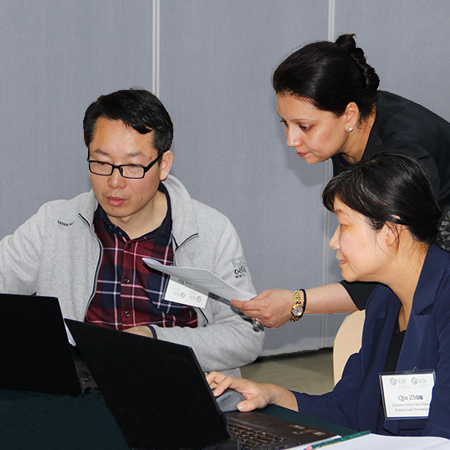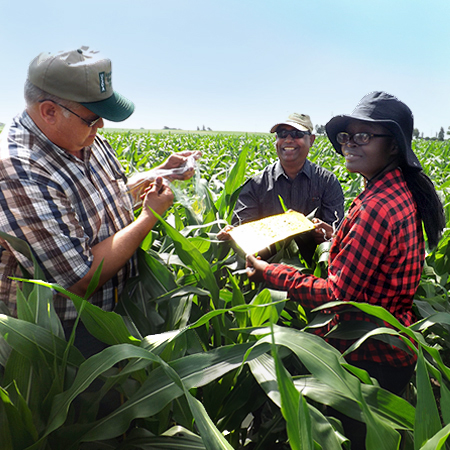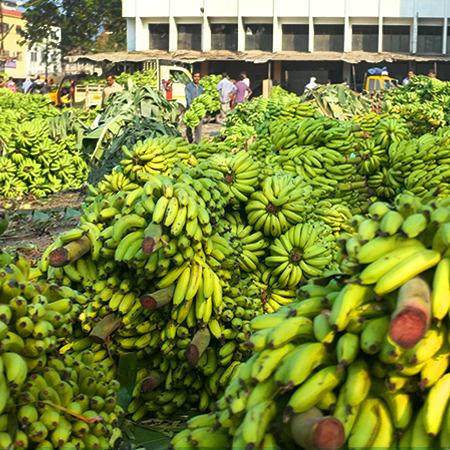Our Impact
Achieving Impact
Improving Knowledge of Human Nutrition Globally
Our Crop Composition Database, which contains over 1.5 million data points on 17 crops, is used to inform the development of diets that promote the healthy growth of livestock and improve global data sets related to food security and nutrition modeling. The database contains 27 years of data from 17 countries.

Strengthening Institutional Governance of Biotechnology in India and Bangladesh
For more than 15 years, our South Asia Biosafety Program (SABP) has worked to assist India and Bangladesh to facilitate the implementation of transparent, efficient, and responsive regulatory frameworks for products of modern biotechnology.

Educating People About Food Safety and Biosafety
AFSI’s online courses deliver training to support our capacity-building efforts in an accessible, interactive format. They are offered free of charge to participants of our workshops and training activities, as well as regulatory agencies, academics, the private sector, and other interested stakeholders.

Promoting Use of Relevant Field Trial Data across Geographies
AFSI produced the Global Environmental Zones (GEnZ) Explorer, an easy-to-use online tool that allows users to visualize agroclimate zonations and their relationships to confined field trial (CFT) locations. The tool can identify environments that are important for cultivation of 20 crops to help determine where to best locate CFTs and maximize data utility.

Shedding Light on Mosquito Vector Biology
Understanding vector biology is an important component of any disease management strategy. It will be essential for assessing potential environmental risks that may be associated with the deployment of genetically engineered mosquitos. The Agriculture & Food Systems Institute has worked to advance understanding of this issue.

Assessing the Nutritional Properties of Food
Our World Nutrient Databases for Dietary Studies (WNDDS) provides easy access to Food Composition Databases and Tables. These data have many uses including evaluating nutritional variation of plants and foods, analyzing relationships between nutrient intake and disease, and establishing dietary guidelines.

